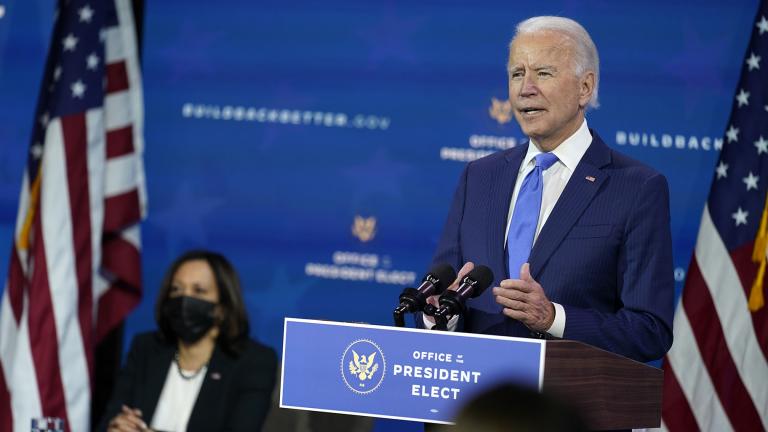The federal deficit has risen by 21 percent since last year to more than $800 billion – and by 2020, it will top $1 trillion. That’s according to a new analysis from the Congressional Budget Office, which says the main culprit for the skyrocketing debt is the new tax law passed late last year. The CBO’s outlook for the coming decade shows no sign of improvement.
“In the Congressional Budget Office’s baseline projections, which incorporate the assumption that current laws governing taxes and spending generally remain unchanged, the federal budget deficit grows substantially over the next few years,” said Keith Hall, CBO director. “Later on, between 2023 and 2028, it stabilizes in relation to the size of the economy, though at a high level. As a result, federal debt is projected to be on a steadily rising trajectory throughout the coming decade, approaching 100 percent of gross domestic product by 2028.”
Those CBO predictions come as Congress attempts to resurrect a balanced budget amendment that has eluded lawmkers for 80 years.
What’s driving the projected spike in the deficit? On top of sluggish economic growth, it’s a drop in revenue from the tax cuts recently passed by Congress combined with the growing costs of Social Security and Medicare.
Those costs point to a way forward, says DePaul University associate professor of economics Michael Miller. “Changing the retirement age by one more year … or having, in Medicare, people with incomes of hundreds of thousands pay a higher premium would make a huge difference. But Congress doesn’t want to touch Social Security, and they don’t want to touch Medicare.”
If changes to those programs is unlikely, so too is a drastic rise in productivity, says Tassos Malliaris, professor of economics and finance at Loyola University Chicago Quinlan School of Business.
“We know the population dynamics, and we know that the future cohorts of workers will be smaller. And the baby boomers over the next 10-15 years will be retiring,” Malliaris said.
Miller and Malliaris agree that while the spike in the deficit is among the major problems faced by the U.S., it’s unlikely to become a near-term catastrophe – especially if proactively addressed.
“As a professor I like to say, let’s turn on the light and see what’s happening,” Malliaris. “It’s better to know why you’re anxious and control it than to be in the dark.”
Miller and Malliaris join Chicago Tonight for a conversation.
Related stories:
How the Federal Tax Overhaul Could Affect You
How Will GOP Tax Plan Affect the Economy and Americans’ Wallets?








